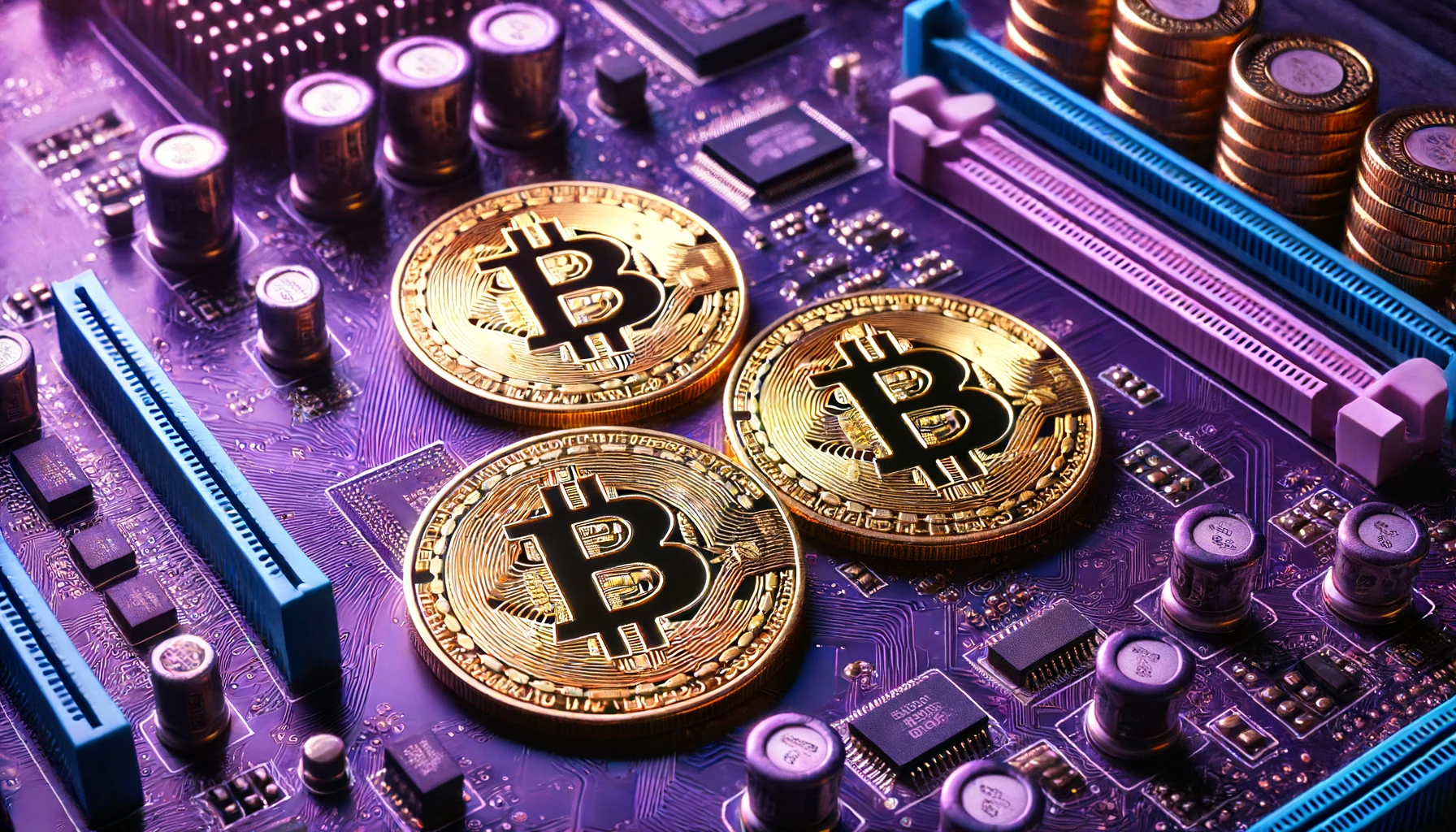An exploration of decentralized finance (DeFi), its key components, benefits, risks, and its potential to revolutionize the traditional financial system.
Points
- DeFi offers financial services without intermediaries.
- Key components include lending, borrowing, and yield farming.
- DeFi platforms are built on blockchain technology.
- The sector faces significant regulatory and security challenges.
What is DeFi?
Decentralized Finance (DeFi) refers to a broad range of financial services and products that operate on blockchain networks, primarily Ethereum. These services are decentralized, meaning they do not rely on traditional intermediaries such as banks or brokers. Instead, they use smart contracts to automate and enforce agreements.
Key Components
- Lending and Borrowing: Platforms like Aave and Compound allow users to lend their cryptocurrency for interest or borrow against their holdings.
- Yield Farming: This involves providing liquidity to DeFi protocols and earning rewards, often in the form of additional tokens.
- Decentralized Exchanges (DEXs): Platforms like Uniswap and SushiSwap enable users to trade cryptocurrencies directly with one another without a central authority.
Benefits of DeFi
- Accessibility: DeFi opens up financial services to anyone with an internet connection, regardless of their location or economic status.
- Transparency: All transactions and smart contract operations are recorded on the blockchain, providing full transparency.
- Interoperability: Many DeFi protocols are compatible with one another, allowing for the creation of complex financial products.
Risks and Challenges
Despite its potential, DeFi faces several significant challenges:
– Security: Smart contracts are vulnerable to bugs and exploits, which can lead to substantial financial losses.
– Regulatory Uncertainty: The regulatory environment for DeFi is still evolving, and future regulations could impact the sector’s growth.
– Scalability: High transaction fees and network congestion on Ethereum can limit the usability of DeFi platforms.
解説
- Innovation and Adoption: DeFi represents a major innovation in financial services, but widespread adoption will depend on addressing security and regulatory concerns.
- Economic Impact: DeFi has the potential to democratize access to financial services, but it also poses risks to traditional financial institutions.
- Future Trends: Emerging solutions like layer 2 scaling and cross-chain interoperability could help DeFi overcome its current limitations.
